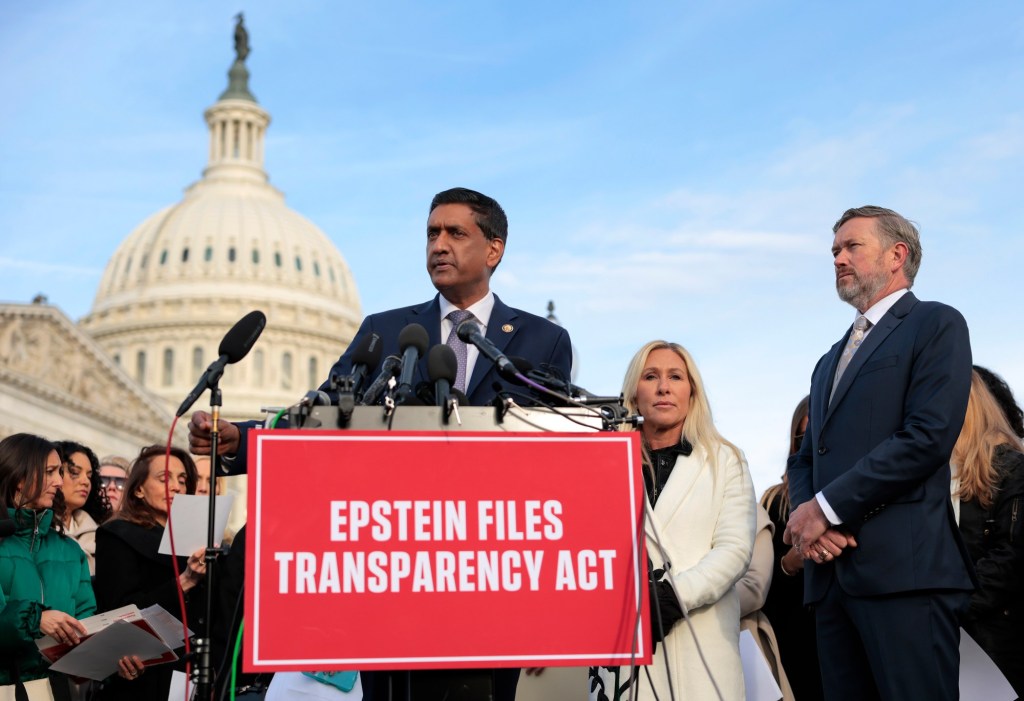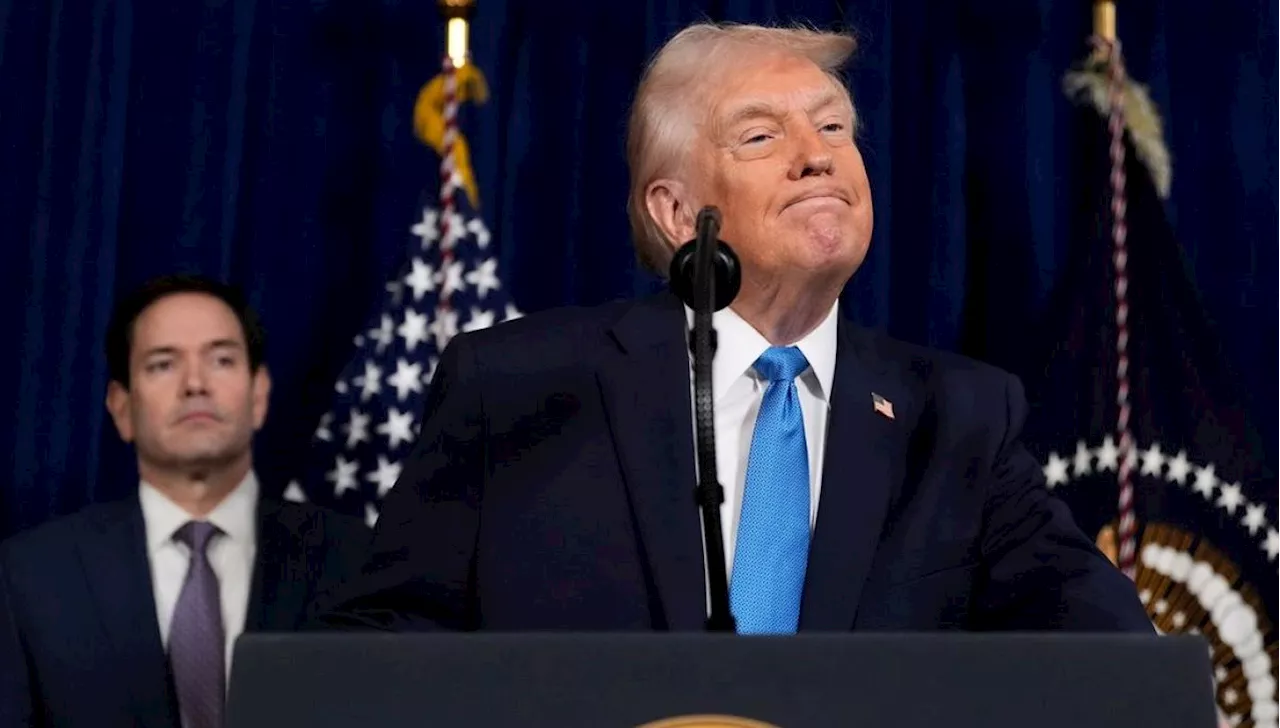BREAKING: In a stunning turn of events, Rep. Ro Khanna has successfully pushed through legislation demanding the release of records related to convicted sex trafficker Jeffrey Epstein. The bill passed the House of Representatives with an overwhelming 427-1 vote and received unanimous approval from the Senate just hours later. President Donald Trump signed the bill into law on Wednesday night, marking a significant bipartisan victory.
This urgent development highlights a deep fracture within the Republican Party, as Khanna’s collaboration with right-leaning lawmakers—such as Thomas Massie, Marjorie Taylor Greene, Nance Mace, and Lauren Boebert—defied the president’s pressure to block the vote. Trump, who has longstanding ties to Epstein, previously attempted to undermine Khanna’s efforts, calling Greene a “disgrace” and a “traitor” for her alliance with the congressman.
Khanna, representing Fremont and parts of Silicon Valley, seized an opportunity that many of his fellow Democrats overlooked. “When I initially brought it up, people in my party would roll their eyes,” Khanna stated, reflecting on the skepticism he faced regarding the Epstein files. Yet, he recognized a growing public demand for transparency surrounding Epstein’s connections, dubbing it a fight against an “Epstein Class” of untouchable elites.
Political analysts are now recognizing Khanna’s initiative as a catalyst for potential bipartisan cooperation. “Americans say they want more bipartisanship. Here’s an example of what working together across party lines can accomplish,” said Larry Sabato, founder of the University of Virginia Center for Politics.
However, the path ahead remains fraught with uncertainty. Even with the bill’s passage, officials warn that current investigations may hinder the release of certain documents. Sen. Chris Coons of Delaware expressed skepticism about the bill’s effectiveness, noting that ongoing probes could lead to restricted disclosures.
Khanna remains hopeful. He believes that only a “very small percentage” of the files pertain to active investigations, making it difficult for U.S. Attorney General Pam Bondi to justify withholding them. This situation raises critical questions about accountability and the protection of victims of child sexual assault.
What’s next? The focus now shifts to how effectively the Justice Department will implement the law. The implications of this bill could redefine the landscape of political alliances and accountability, as both Democrats and Republicans rally around the shared goal of justice for victims.
This groundbreaking legislation not only underscores a shift in bipartisan dynamics but also reflects a broader societal demand for transparency and justice. As Khanna’s actions ripple through the political sphere, they may pave the way for future collaborations aimed at tackling pressing issues.
Stay tuned for more updates on this developing story. Share this critical news to keep the conversation alive on the fight for justice against child sexual abuse.







